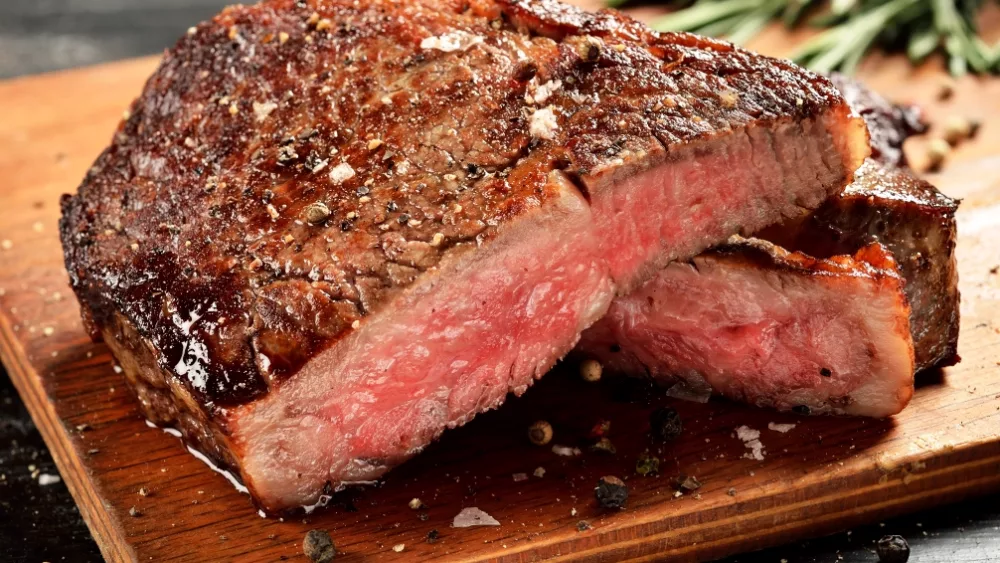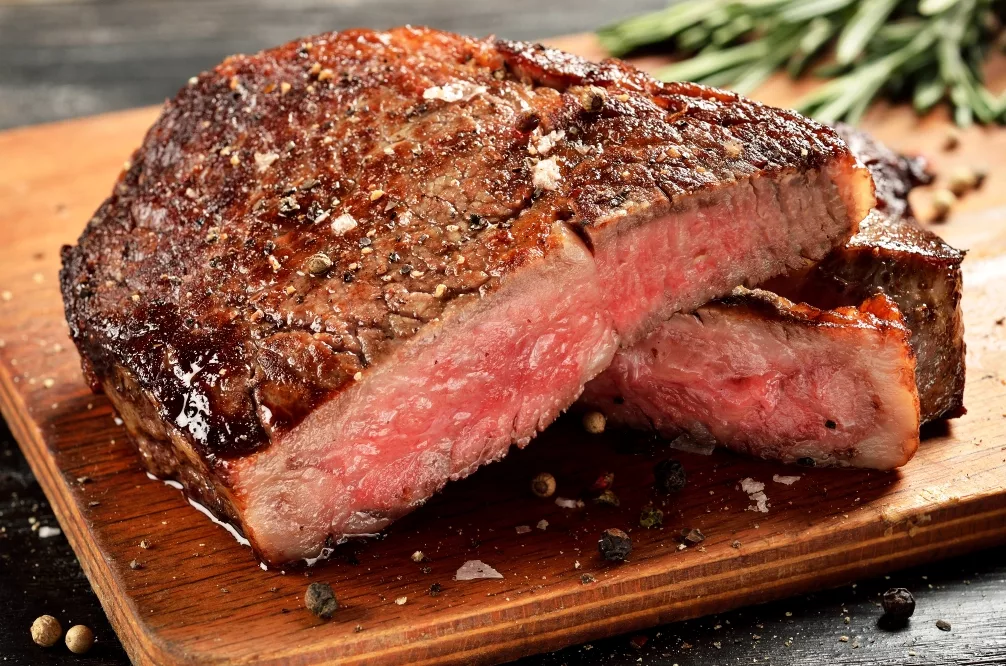Beef is under attack again, this time by the Dietary Guidelines for Americans and their “scientific report” that was published on Tuesday. The report recommends less red meat consumption.
“The dietary guidelines, ideally, are supposed to be pretty objective and guided by sound science, and that’s what the first half of the process is designed to do,” says Sigrid Johannes, Director of Government Affairs for the National Cattlemen’s Beef Association. “This time, I would say the scientific report has landed on some pretty misguided conclusions, some pretty baseless conclusions. They’re not really following the science that we’ve watched them examine for nearly two years now.”
Johannes is a guest on the latest Indiana Ag Policy Podcast from Hoosier Ag Today to discuss the dietary guidelines that ultimately impact school lunch and other federal food programs and are sent out to medical professionals for recommendations on Americans’ diets.
“And so, as we shift this month into the next phase of this process, which kind of takes this from the scientific to the political over at USDA and HHS, we really want to make sure that some of the least valid conclusions that made it into that report don’t make it into the final copy of the actual Dietary Guidelines for Americans.”
This process of updating the guidelines happens every five years, which, in theory, spans different presidential administrations and congresses so politics shouldn’t play a part in the scientific aspect of this. However, Johannes says it would be naive to think politics aren’t part of this process.
“I don’t think it’s that much of a stretch to look at all of the other actions USDA under President Biden has been taking for the last four years and this single-minded focus on climate. You know, I think there’s a lot of the decisions in this nutrition report, these nutrition guidelines, that are not being made based on nutritional issues or nutritional facts at all. They’re looking at environmental issues. They’re looking at an agenda that’s sort of right out of the box without even really looking at the facts on the ground, decided that beef is bad for the environment, and how can we how can we try and cut that back.”
Now that the Advisory Committee has completed its report, it will now be sent to USDA and the Department of Health and Human Sciences where the agencies will evaluate the committee’s recommendations and translate that information into the final guidelines.
Johannes says the call to action for cattlemen and women as well as meat lovers around the country is to put pressure on those agency folks as well your members of Congress to make sure they do follow the science. You can visit ncba.org to let your Congressmen and Congresswomen know that beef belongs on the plate.
Hear more from Johannes in the Indiana Ag Policy Podcast below or wherever you listen to podcasts.






